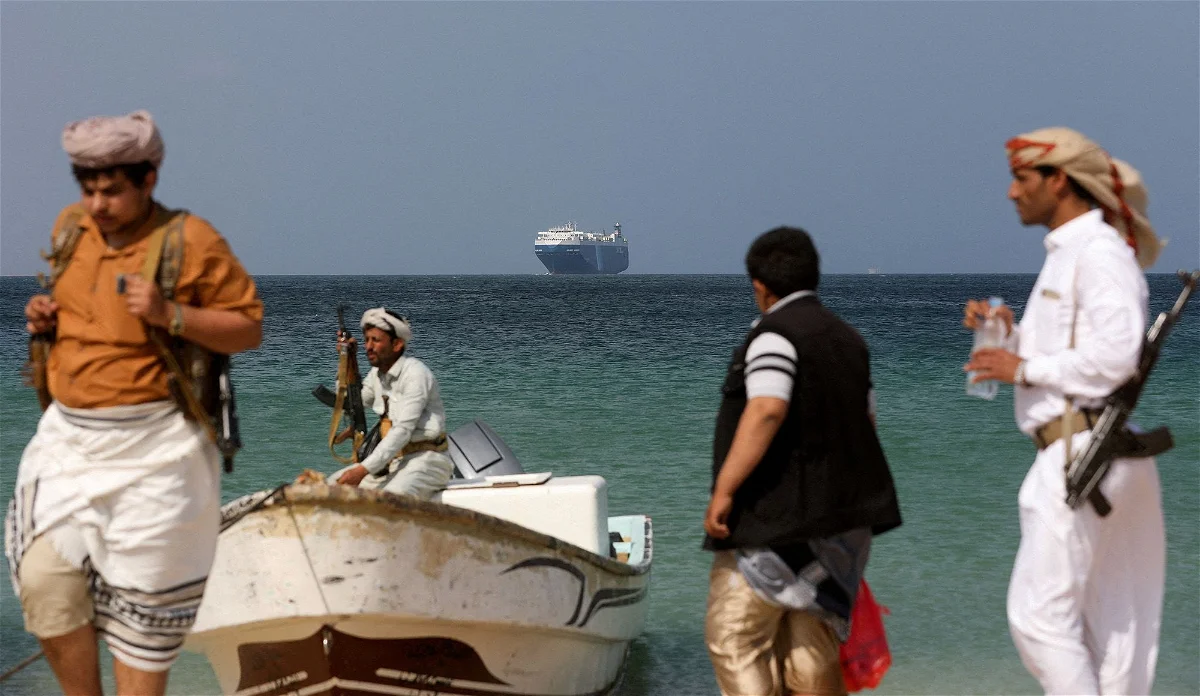The geopolitical landscape is experiencing heightened tensions as the Houthis in Yemen escalate attacks on Red Sea shipping lanes, a critical artery for global trade and oil shipments. These recent aggressive actions have elevated concerns about the stability and security of one of the world’s most vital maritime routes.
Strategic Importance of the Red Sea
The Red Sea serves as a pivotal conduit for approximately 10% of global oil trade and an estimated $1 trillion in goods annually. Its significance cannot be overstated, making it a focal point in international trade dynamics. Any disruption in this region has far-reaching implications for global economies, energy markets, and geopolitical stability.
Escalation of Houthi Activities
The U.S. Central Command has confirmed intercepting a barrage of missiles and drones launched by the Houthis targeting the Southern Red Sea. This significant escalation underscores the vulnerability of critical maritime routes and heightens security concerns for vessels navigating these waters.
Broader Regional Implications
The Houthis’ intensified activities coincide with broader regional tensions, complicating an already complex geopolitical landscape. Their declaration targeting ships associated with Israel further complicates matters, adding layers of complexity to an already volatile situation.
International Response and Commitment
The involvement of U.S. and British warships in intercepting these attacks demonstrates the international community’s commitment to safeguarding maritime security in vital waterways. Such actions highlight the shared responsibility of ensuring free and safe navigation in strategic maritime corridors.
The Path Forward: Diplomatic Engagement
As tensions escalate and uncertainties persist, diplomatic efforts become paramount in mitigating risks and preventing further escalation. Stakeholders must prioritize dialogue, cooperation, and multilateral engagements to address underlying grievances and promote regional stability.
In conclusion, the escalating tensions in the Red Sea region necessitate immediate and coordinated international action. The stakes are high, and the global community must act decisively to ensure the uninterrupted flow of trade, energy security, and regional stability.








